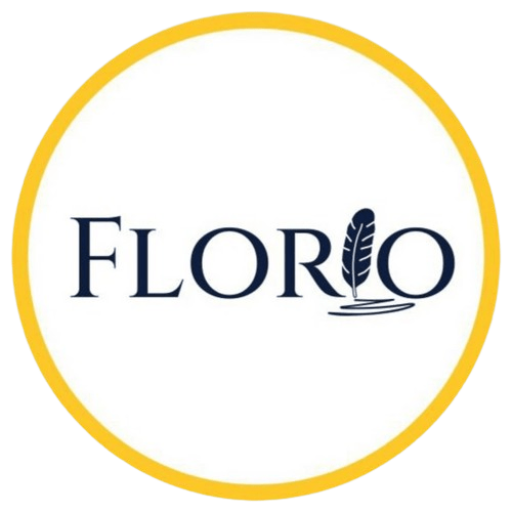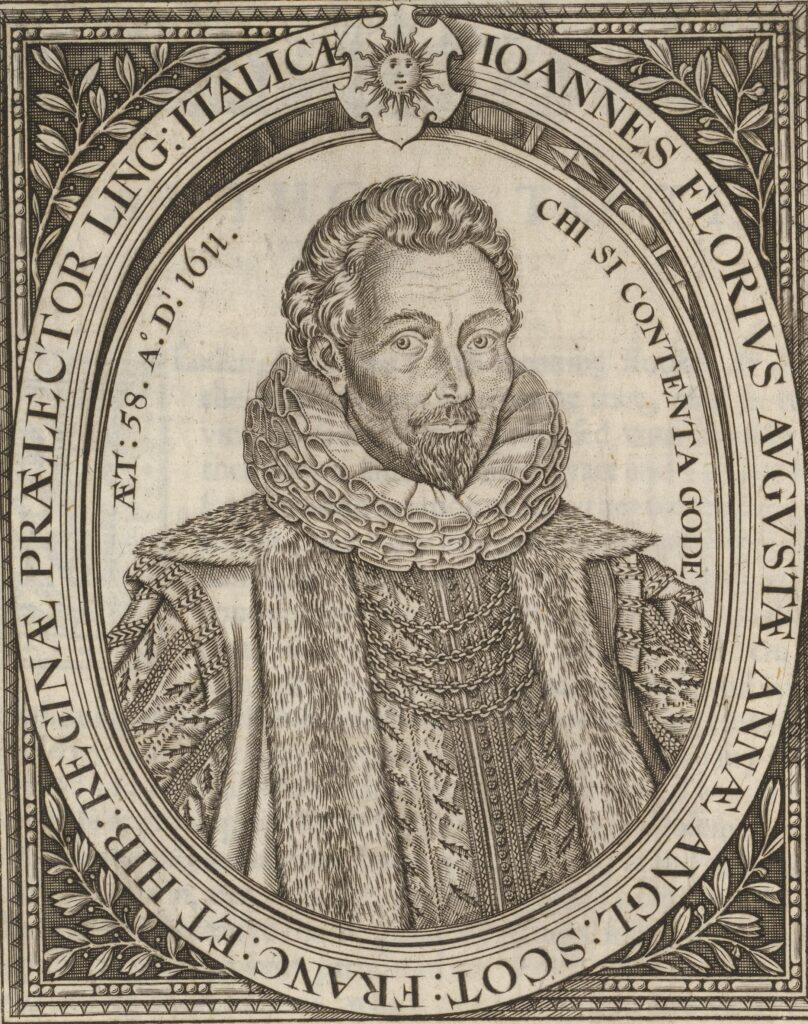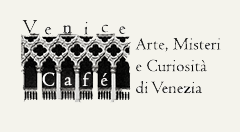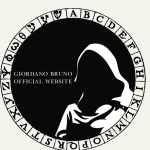A sixteenth-century copy of The Divine Comedy that once belonged to John Florio has been discovered by Marianna Iannaccone at the British Library in London.
Recently published on the academic portal Zenodo (https://zenodo.org/records/15063366), the article by Marianna Iannaccone, a Phd student at the University of Insubria, includes images of a 1564 edition of The Divine Comedy featuring underlinings and annotations. A graphological analysis has now identified the author of these notes as the Elizabethan scholar John Florio (1552–1625), a Londoner like his mother but of Florentine paternal descent.
The article, soon to be published in the journal of Italian linguistics and literature Illuminazioni, presents John Florio’s annotations. Florio was a refined linguist and translator, known, among other works, for his translations of Boccaccio’s Decameron and Montaigne’s Essays.
An ANSA news report announcing the discovery of Florio’s Commedia highlights how many of the terms glossed by the Anglo-Italian scholar appear consistently in Shakespeare’s works.
According to the writer duo Monaldi & Sorti, “Having spent years recounting Dante and his visions of the afterlife through Shakespeare’s words, as soon as we saw the images of the British Library’s Commedia, we immediately realized the enormous significance of this discovery for the Shakespeare mystery,” explains the Monaldi & Sorti team. “There are literally dozens of Dantean passages—carefully highlighted and annotated in John Florio’s Divine Comedy—that reappear in the works attributed to the genius of Stratford.”




